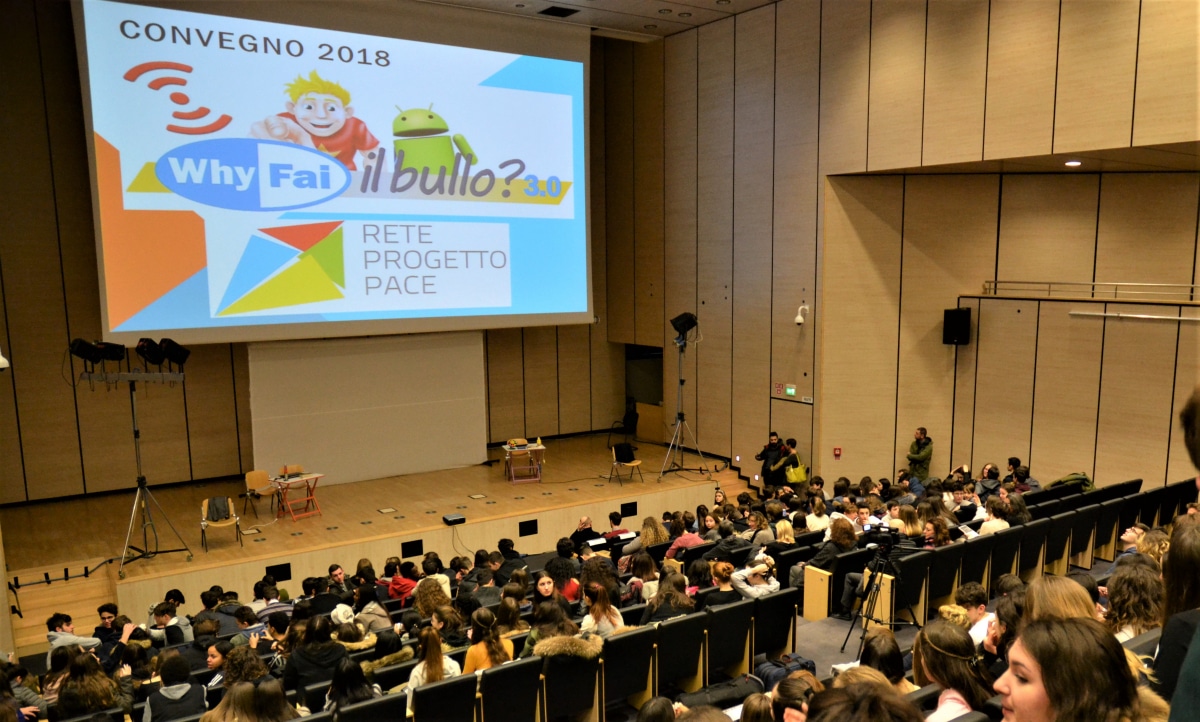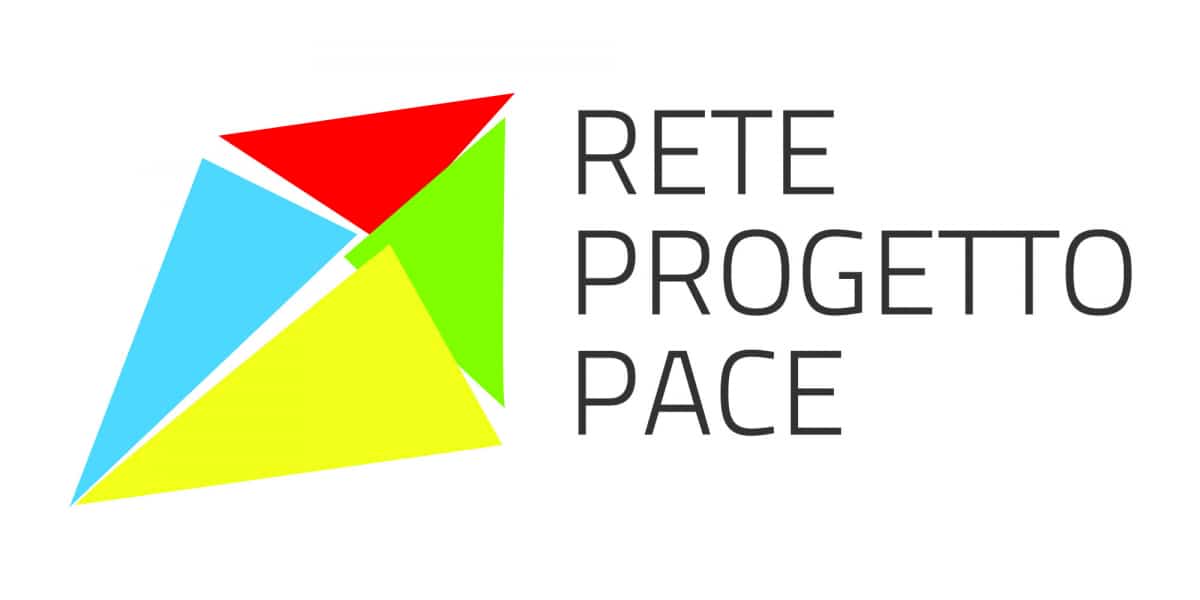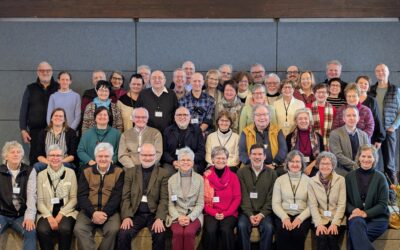The project “Why fai il bullo?”(Why are you a bully?) aims at training teenagers help their peers deal with this phenomenon. Teenagers are trained to understand bullying, to prevent it and also to be upstanders in bullying situations.  Bullying is repeated aggressive behaviour through which school-aged children intimidate and abuse their peers. This is a widespread phenomenon among teenagers, both on a personal level and also through cyberbullying.It involves the bullies, the victims and groups of friends,who are often either frightened or become accomplices. What can be done? A project set up by the bNet Association, a branch of “Rete Progetto Pace” (Peace Network Project),which is an international network of schools, bodies and associations that collaborate to promote a culture of peace, aims at training children and empowering them against bullying. Marco Provenzale, president of the Association spoke to us about this project. – What does the project “Why fai il bullo?” consist of? Bullying is the product of conflict, and we believe that the best way to stop it is to make children understand its origin, and give them the necessary tools to understand conflicts and solve them through the support they give one another. At the core of this project one finds the “Peer Mediation Group”, set up in each school. The students in this group are trained to manage and resolve conflicts. Lessons and role-plays help them acquire well-developed skills not only to solve conflicts, but also to prevent them. They are trained to detect potentially damaging situations in their daily school life in order to address them before these degenerate into more serious ones. The group also offers a mediation service through techniques and rules agreed upon by each school. We deal with students aged between 11 and 15 years. This European project was set up in 2015 after some associations answered the call to “Join Forces to Combat Cyberbullying in Schools”. It can also be implemented in other countries.
Bullying is repeated aggressive behaviour through which school-aged children intimidate and abuse their peers. This is a widespread phenomenon among teenagers, both on a personal level and also through cyberbullying.It involves the bullies, the victims and groups of friends,who are often either frightened or become accomplices. What can be done? A project set up by the bNet Association, a branch of “Rete Progetto Pace” (Peace Network Project),which is an international network of schools, bodies and associations that collaborate to promote a culture of peace, aims at training children and empowering them against bullying. Marco Provenzale, president of the Association spoke to us about this project. – What does the project “Why fai il bullo?” consist of? Bullying is the product of conflict, and we believe that the best way to stop it is to make children understand its origin, and give them the necessary tools to understand conflicts and solve them through the support they give one another. At the core of this project one finds the “Peer Mediation Group”, set up in each school. The students in this group are trained to manage and resolve conflicts. Lessons and role-plays help them acquire well-developed skills not only to solve conflicts, but also to prevent them. They are trained to detect potentially damaging situations in their daily school life in order to address them before these degenerate into more serious ones. The group also offers a mediation service through techniques and rules agreed upon by each school. We deal with students aged between 11 and 15 years. This European project was set up in 2015 after some associations answered the call to “Join Forces to Combat Cyberbullying in Schools”. It can also be implemented in other countries.  -Does the project also include parallel activities? Yes it does; it offers monthly training sessions and organizes annual events, amongst which is an intercultural and humanitarian journey. Training sessions for teachers and parents are also being planned. We consider the joint effort of the association, school and families as one of the added values of this initiative. -This project is promoted by bNET Association, a branch of “Rete Progetto Pace”. What are the objectives of this network? For almost thirty years, “Rete Progetto Pace” has been contributing to an integral education for children. It promotes collaboration between schools and associations, at a local and international level; it studies young people’s views on current issues and promotes experiences of voluntary work. The project also encourages artistic and expressive talents, leadership skills and and technical skills in postive use of the media. Further information may be found on: www.reteprogettopace.it or by writing to: direttivo@reteprogettopace.it.
-Does the project also include parallel activities? Yes it does; it offers monthly training sessions and organizes annual events, amongst which is an intercultural and humanitarian journey. Training sessions for teachers and parents are also being planned. We consider the joint effort of the association, school and families as one of the added values of this initiative. -This project is promoted by bNET Association, a branch of “Rete Progetto Pace”. What are the objectives of this network? For almost thirty years, “Rete Progetto Pace” has been contributing to an integral education for children. It promotes collaboration between schools and associations, at a local and international level; it studies young people’s views on current issues and promotes experiences of voluntary work. The project also encourages artistic and expressive talents, leadership skills and and technical skills in postive use of the media. Further information may be found on: www.reteprogettopace.it or by writing to: direttivo@reteprogettopace.it.
Anna Lisa Innocenti




0 Comments